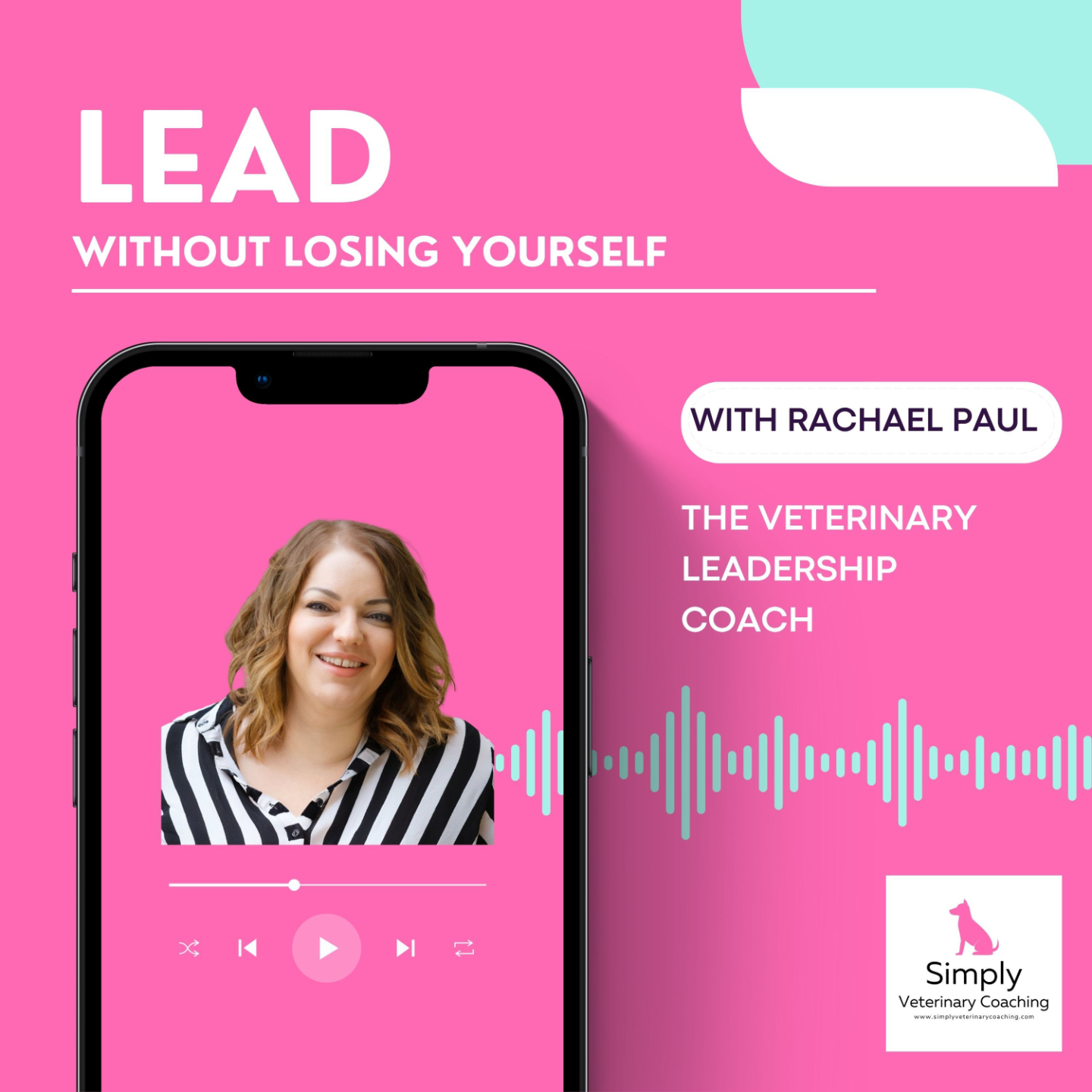Recruitment: The problem with not knowing
Advertisements are meant to entice, make you interested and get you to buy in to what is being offered. But how do you know that you really need it, that it’s exactly what you’re looking for? It might look right, from what the advert reads it may even sound right, but how do you really know? You simply don’t, until you buy it and try it. And maybe it’s fantastic. Maybe it is exactly what you’re looking for. But maybe it isn’t and then that’s not a nice experience. It’s even worse when the advert was for a job that you thought would fulfil your dreams, and now it’s panning out to be a puff of smoke, not at all what you expected.
That’s the problem with not knowing. Because it means that you made a big life changing move and it’s not where you want to be, so either you have to suck it up and pay your dues or you need to start the process of looking for a new job all over again. It’s at this point that you start to wish for someone to help you. Someone who will take the time to understand what you really want in your career and find you a position that will help you fulfil your career path.
Easy vs Knowing
It’s easy for veterinary practices to publish an advert for a vacancy. It’s easy for applicants to respond to the advert. But it comes back to the question of not really knowing. The practice doesn’t know if they’ve worded the advert correctly to attract the right kind of people, or if they’ve described the role well enough. Certainly there’s the shortlisting and interview process but that all takes a great deal of time away from the running the practice. But the key factor is still in the knowing. Knowing what you want and what you need, and knowing how to find that.
The value of taking the time to find the right person for the role is easily demonstrated by the cost of not getting it right. Taking on another Vet into a practice is a big decision. Hiring the wrong person costs a practice up to 5 times the salary of the Vet in tangible and intangible costs e.g. a Vet on a £40,000 salary would cost £200,000 in damages if they don't work out. That person will be interacting closely with clients, will represent the practice and will influence the experience that people (staff and clients) have. It’s not just their expertise that’s important, they also need to have the right personality and be someone who gets along well with the rest of the team.
You can’t know that from reading a CV or even an interview. And similarly a Vet can’t know what a practice is like from reading an advert. But you can know much more if it’s someone that you’ve built a relationship with over time. Every practice is unique because of the area it’s located in, the types of patients it sees and the Vets that are part of the practice. And you can only know what a practice is like if you spend a fair amount of time with them. Speaking to the practice owner, the other Vets, the veterinary nurses and the admin staff.
The flip side of the argument may be that you can never know everything there is to know, and this may be true. However, how much more informed are your decisions when you have a huge amount of information on which to base you decisions. This is particularly important in the veterinary industry.
What is the culture of the practice? How do you invest in your people? What are the values of the business and do they align with those of the job seeker? What is your vision for the next 1, 5 and 10 years? Do you listen to your people and value their opinions and contributions? What's the vet turnover like? Why have people left the practice previously? Why do the current employees enjoy working for you? This is not the type of information that is commonly included in a job advert. Similarly, Vets are unlikely to be able to fully communication their true career goals, desires and values in a CV, they’re more likely to share this in casual conversations that occur naturally as you get to know them.
The value is in the knowing, knowing as much as you possibly can about the role and the practice. This is the value that can’t be bought in an advert. It makes the time invested worthwhile, because in the end everyone is able to make a more informed decision.

